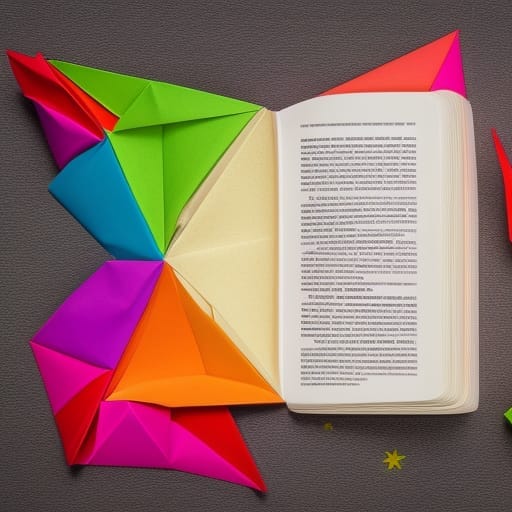Weekly Writers: Self Publishing (Part 1)
Time to dispel some myths!
Here’s the Weekly Writers Monday post. The last post on Independent Publishers was for paid subscribers only, but thanks to them, this post is open to everyone.
Self Publishing (Part 1)
This is a broad term, and can be misleading. Some see the phrase “self publishing” and translate it as “all the work is done by one person and is therefore scrappy and amateur, and not a proper book”. And that misses the reality by a far margin. All because of the over-focus on the word “self”. So let’s go back to basics.
A self-published book is any book where oversight of the publishing process is managed by the author, with or without help. The world has changed and tools and services that used to be unavailable to the general public are now usable by everyone. As with every other type of creation, from digital art and film making, to music production and 3D printing, the process has become democratic.
This is not a bad thing. It is fantastic that your gran can write a memoir or family history and make it available in print for friends and family. Yes, it may have a basic cover, and contain some mistakes – but she is not aiming at bestseller lists. More power to her, and everyone that creates.
But whenever a medium becomes available to the masses, there will be a range of quality to the outputs. In book terms we see the scale between the unedited amateur teenage fanfic, to the professionally edited and designed book that sells a million copies. So in itself the term self-published is nothing to do with end quality, it is just about production process.
In future posts I’ll subdivide self publishing, in the same way that I did with traditional publishing (Big Five versus the smaller, independent publishers).
So from now on, when I say self publishing I am being literal and thinking of an author who really does everything (or almost everything) themselves. So I will think of this as the amateur or hobbyist realm. That’s not a criticism, and there’s nothing wrong with that! Maybe your uncle wants to do a recipe book for their friends, your son his book of poetry, and your best friend just wants get the novel that’s been in their head for years down on paper. Self publishing makes all that possible. The goal isn’t professional quality, millions of sales or making money, it is just making the work come to life. And they may only ever want to publish a single book.
I will differentiate that from the independent author (also indie author, author-publisher or independent author-publisher). To me, this is where the author is a professional running a creative business, where they have the final say in all creative choices, and release books that match or surpass traditionally published works. They wrote the book, and they also supervised every aspect of its publication. They may be part-time or full-time; might make all their income from writing, or just a significant part of it. But the goal is making money with high quality works which they write with passion. It is about ultimate creative control remaining with the creator, not the middlemen.
The key thing is that they don’t do it alone, which is why it is a misnomer to call their work “self-published”. Professional independent authors are part of a team, just like with a traditional publisher. The only difference is the independent author chooses the formatters, audiobook narrators, cover designers, beta readers, editors and so on, and pays them up front (which is a form of investment in the work). The author plans, organises and delegates, as well as having final say on distribution, book title, content, advertising, formats, and every other aspect of the business. Many authors prefer the creative control, the faster publishing pace, and potentially higher profits of self-publishing.
As we saw here, publishing a professional work involves a lot of people, and a lot of skills. Quality publishing is not free. Or cheap, even: it isn’t uncommon for an independent author to spend over £1,000 per title for all of the services. But going with a traditional publisher does not mean you get all that for free: all the stages cost money, and one way or the other, the author pays for it. Building on what I've already said, there are two main ways to pay.
A traditional publisher acts as a third party intermediary, and subcontracts all these services, or does them in-house. In exchange they get a slice of the profit from every copy sold (which is what they're gambling on – they are investing in a title in the hopes of it being a success). So the author pays the publisher via some of the profit from each copy sold.
The author finds professionals to subcontract and pays upfront for all those services. They are investing in themselves and their work. In exchange for spending time and money on these processes, the author then keeps all rights and royalties.
As you can see, the author always pays, with the only difference being whether they pay upfront with an initial outlay (independent author), or later, via reduced profits per copy sold (traditional publishing).
I’ll publish part 2 next week, which will be for paid subscribers only. I’ll briefly mentions authorpreneurs; an author support organisation; and the experience of one of my trade-published friends. If you find these posts useful, please consider subscribing to get all the posts and the opportunity to ask questions. You’ll also be funding the free posts for everyone.



